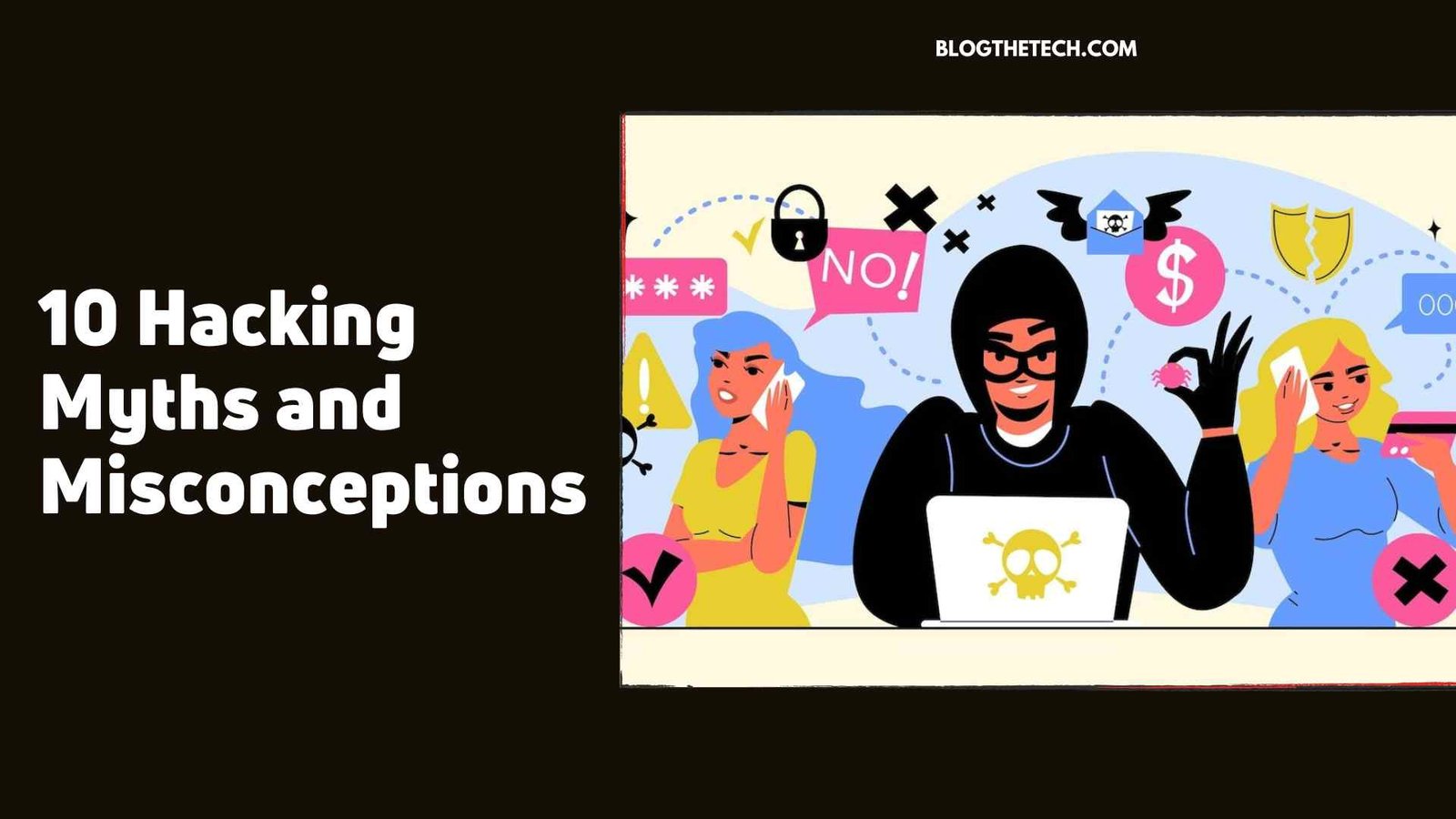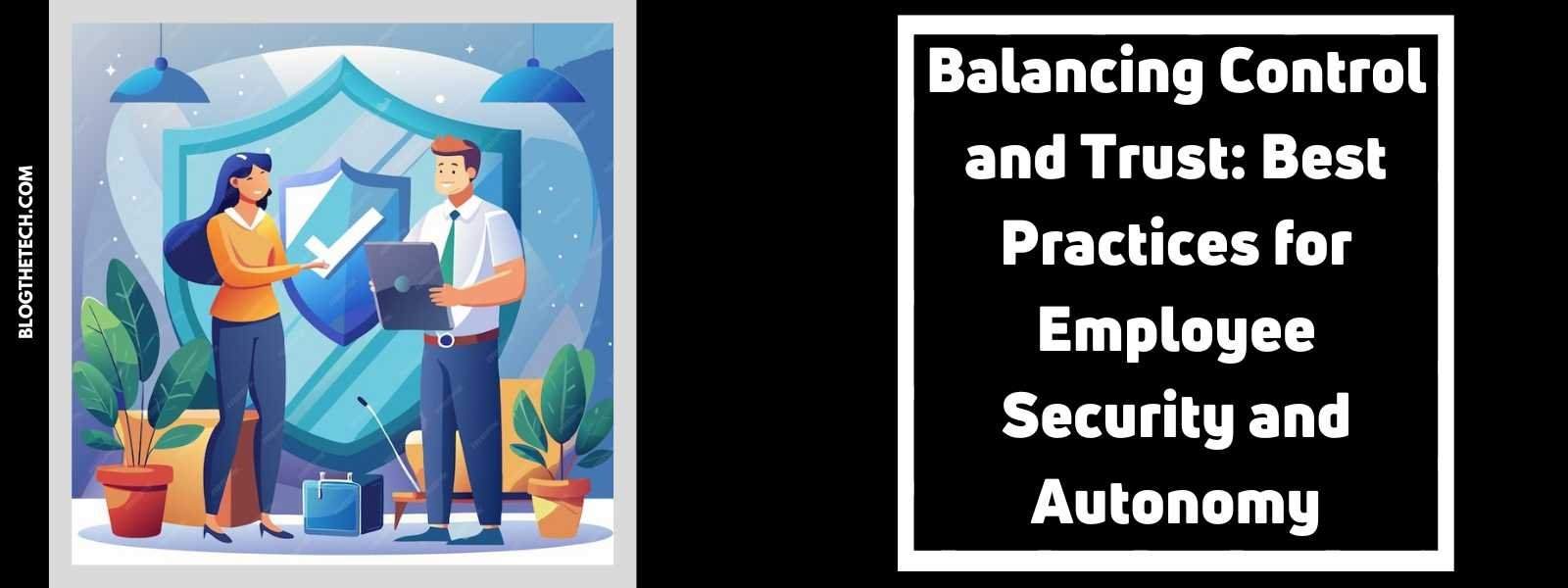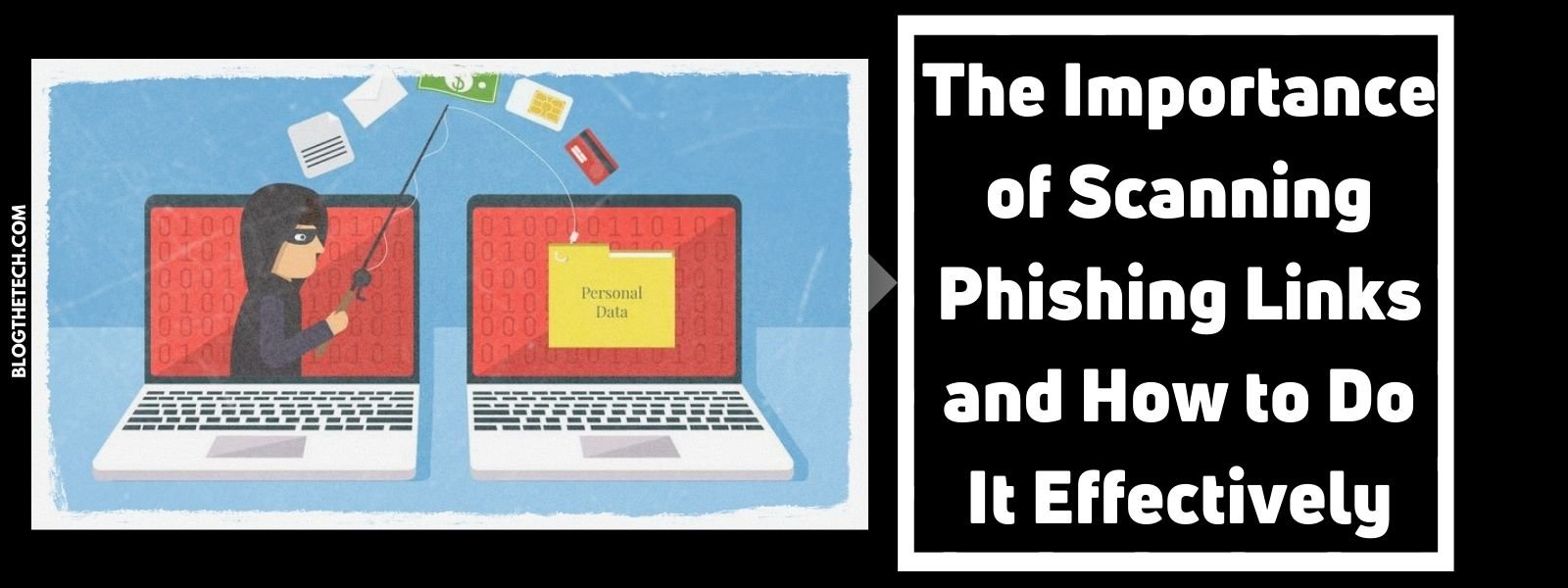This blog provides an overview of hacking, dispelling common hacking myths and misconceptions while also emphasizing the importance of using IT consulting services for cybersecurity. It explains that hackers can be individuals who gain unauthorized access to systems through various means, including social engineering. The article debunks ten myths about hacking.

Hacking is a complex and nuanced topic that is often misunderstood. This article dispels some of the most common hacking myths and explains why it’s so important to use IT consulting services to protect your organization from cybercrime.
Learn about the different types of hackers, how they operate, and the most common ways they gain access to systems. Also, find out why security products alone cannot prevent all hacks and how human error is often the biggest vulnerability.
What Are Hackers?
What exactly are hackers? This term can carry different meanings depending on who’s using it and in what capacity they’re using it. In the general sense, a hacker is anyone who deliberately gains or tries to gain access to a system to which they do not have authorization access.
In another sense, a hacker is someone who is capable of bypassing specific security measures to gain access. With the former definition, a social engineering expert who tricks someone into giving up their password is a hacker. But this isn’t always the common consensus.
Generally, hackers are considered nefarious or malicious individuals. But as we’ll see, this isn’t always the case. Hacking is much more nuanced and multifaceted than most people realize.
Hackers are one reason why it’s so important to use IT consulting services to improve the security of your organization. There are countless ways for cybercriminals to gain access to your systems and sensitive data, so you need to be prepared for all of them.
10 Hacking Myths and Misconceptions
Now, let’s take a look at some of the biggest hacking myths and misconceptions:
- You can hack into anything by pounding on a keyboard.
Most movies and TV shows depict hacking as a creepy-looking person shrouded in dark clothing, furiously hammering away at a keyboard to gain access to a secure system. They use physical dexterity, a superb reaction time, and brute mechanical force to gain that access. For the most part, these theatrical elements are totally unnecessary, and any competent hacker laughs at this type of depiction.
- Hackers choose big targets almost exclusively.
You might think that the most prominent hackers in the world are exclusively targeting big businesses, wealthy individuals, and other potentially lucrative targets. In reality, most hackers are opportunists. They recognize that the biggest targets are often the best protected, and while smaller targets may have less of a payoff, they’re also weaker and easier to access. This is why small businesses are such a common target of cyberattacks.
- Hacking is illegal.
There are some types of hacking that are illegal, but not all general forms of hacking are. For example, if you mistakenly leave your password written on a sticky note by your desk, and someone uses that password to access your account, have they really committed a crime? The answer, in most cases, is no.
- Hacking is always bad.
We typically see hacking as a bad thing, but there’s also such a thing as “white hat hacking” (or ethical hacking). Ethical hackers use their knowledge of security systems and their technical skills to test systems and evaluate them, so their clients can fend off real attacks from unethical hackers.
- Hackers are tech geniuses.
Are all hackers technical geniuses? No. You don’t need any programming knowledge, nor any technical competency to steal someone’s password and use it to gain access to their account.
- Most hackers look shady.
Picture a hacker. Who do you see? Chances are, you hold the stereotypical image: a shady looking individual in a hoodie or other obscuring clothing. But realistically, hackers come in all shapes and sizes. Anyone can be a hacker.
- Groups of hackers congregate on the dark web.
Most people poorly understand the dark web, imagining it as a breeding ground and meeting place for the worst hackers in the world. While some hackers do utilize the dark web to sell valuable information, this isn’t always the case.
- Malware is universally destructive.
Malware comes in various forms, and not all of them are equally or universally destructive. Different types of malware serve very different purposes.
- It’s possible to prevent all hacks.
There’s no such thing as a system that’s totally hack-proof. With enough time and effort, it’s possible for a person to bypass almost any security measure.
- Security products make you safe.
There’s also a standing misconception that if you rely on enough security products, like firewalls and VPNs, you’ll be completely incapable of being hacked. But this simply isn’t true. Human error is responsible for 82 percent of data breaches – and all it takes is a small slip-up to render all your other defenses functionally useless.
I hope by now,
Wrapping it up…..
I hope this blog was able to answer some of your hacking myths.
Hacking is a multifaceted and often misunderstood field that defies many common myths and misconceptions. As technology evolves, so do the methods of cybercriminals. It is crucial for organizations to recognize the complexity of this landscape and seek the expertise of IT consulting services and cybersecurity professionals. By doing so, they can stay ahead of the ever-changing threats, protect their systems and data, and ensure a more secure digital future.




